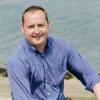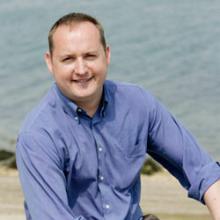About this video
Researchers face increasing pressure to demonstrate that their work has relevance to more than just the academic world. For example, funders often want to know what societal or economic impact a project is likely to have.
How can you define and measure that kind of impact and what are some of the side effects of bringing a wider audience in contact with science outcomes? Also, where does your responsibility as an early- or mid-career researcher start and end? Do you need to make sure legislation changes or is it enough to increase public awareness?
Elsevier editor Dr. Alex Ford knows what can happen when your work is picked up by the mainstream media. He has seen his research summarized in headlines such as “Prawns on Prozac”, and it has even been turned into a play. In this webinar recording, he explores the theme of impact and shares his own story.
You’ll come away with an understanding of what demonstrable impact is, why you should care about it, and how you can increase yours.


